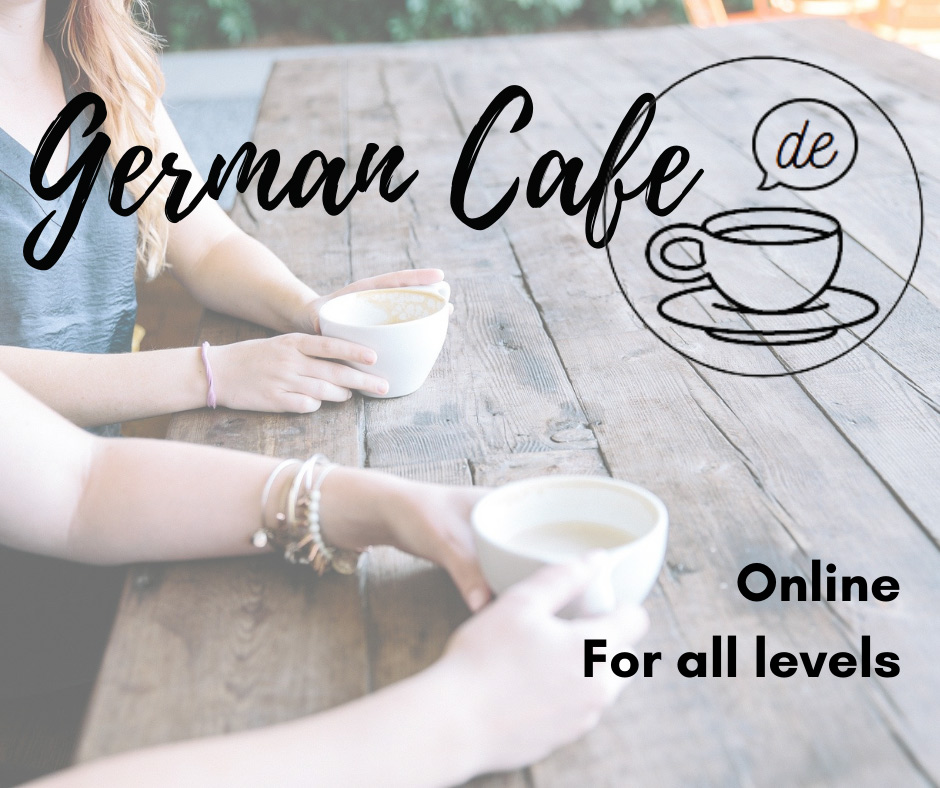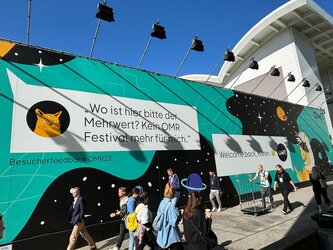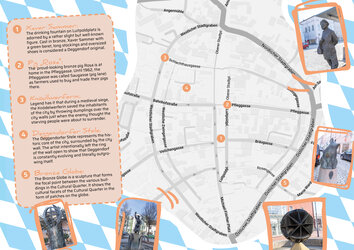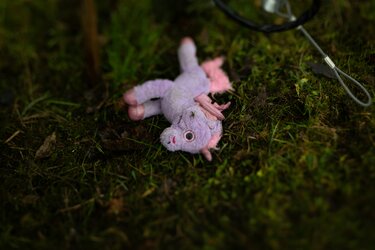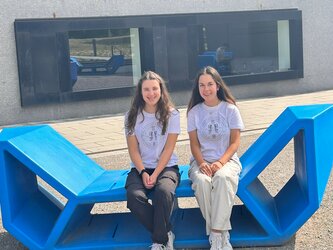
I still remember when I arrived at Pfarrkirchen almost 3 years ago. I came with my German A2 course incomplete, knowing what I thought were the basics to survive. The first days I asked everywhere I went if they spoke English to be on the safe side. I could survive just because you barely have to communicate for paying with a credit card in the supermarket. The important places like the bank or health insurance had always someone who spoke English, so I was still on the safe side.
Weeks went by and I started receiving the mail. There I started to manage with online dictionaries and asking German friends to help me whenever the online dictionaries couldn’t help me. If I had to go the doctor, I asked my boyfriend, who is German, to come with me. I basically always had an alternative to solve the situation and somehow skip the language until one day I received a call. In that moment I panicked and just hang up, but this person called again. I asked if he or she spoke English, but the person only spoke German. So my A2 and I made the best out of it.
It was this moment that made me realize that something like this could happen again any time and that I would have to start managing on my own. I felt super lost and didn’t know where to begin. So I literally spend my whole first semester everyday learning new vocabulary. Somehow, with time, I started to be able to understand more but if you asked me something, I was out of words. Let’s be honest, I had little vocabulary and the grammar didn’t help.
I decided to start the University’s tandem program to push my speaking skills. I was lucky that my mother tongue is Spanish, so I instantly got two tandem partners. I still remember it was very difficult, but my both partners did their best to help me until it worked. I continued advancing, speaking more and improved fast. Finally, I could speak German!! On the other hand, with time I saw that some of my classmates or other international students were not as lucky as me and didn’t have tandem partners. With that idea in mind, some of my friends in RESP e.V. and I decided to start what we called “German Café” in June 2020.
I was lucky enough that my friends, German native speakers, decided to participate in this project. Our idea was to help international students to speak more German. I know how difficult it is to learn the language. Once you learn the basics then you go to the stage of “I don’t want to talk because I make a lot of mistakes”. That’s the reason why we created this space, for people to cross the “fear” barrier and speak anyway. The German Café is not a German class, it is just a space where people can and SHOULD make mistakes while speaking German. We are all students, Germans and internationals alike, who want to help others to learn this language in a relaxed and fun way.
Ok, I got it, but how does it work?
Basically, you have to send an email to RESP (resp@th-deg.de) with your German level and you receive the link to the online meeting. Easy-peasy. The sessions take place twice a month on Sunday afternoons. So, just grab a coffee, tea or drink of your choice and “fertig”.
What to talk about?
Don’t panic, the German Café is divided in groups per level (A1, A2 and B1+B2). In A1, we mostly talk about German culture, so that you also get in touch with it if you have just arrived. From types of beer to socks and sandals in summer.
In A2, we try to expand a little bit and start asking opinions, make comparisons and try to revert the famous “I understand more than I speak”.
In B1+B2, we try to speak with a bit more complex vocabulary and talk about topics that range from politics, economy, and sustainability to sometimes even a simulation of a job interview.
The beauty of the German Café is that it is spontaneous, and every group is different. We play games, get to know each other and try to make German not sound too difficult.
German Café comes with side effects like making a couple of friends and learning some Bavarian phrases. Participants should be aware that the volunteers and I are not responsible for any of these secondary effects. German Café is for all internationals who want to cross the barrier and all Germans (or internationals with good level) to help them get over it. Machst du mit?
Aldana Campo
Aldana Campo is an Argentinian student of International Tourism Management at ECRI. She is currently part of RESP e.V, where she coordinates Communications and the German Cafe. She loves espresso doppio in the morning, reading and is always ready to dance.
